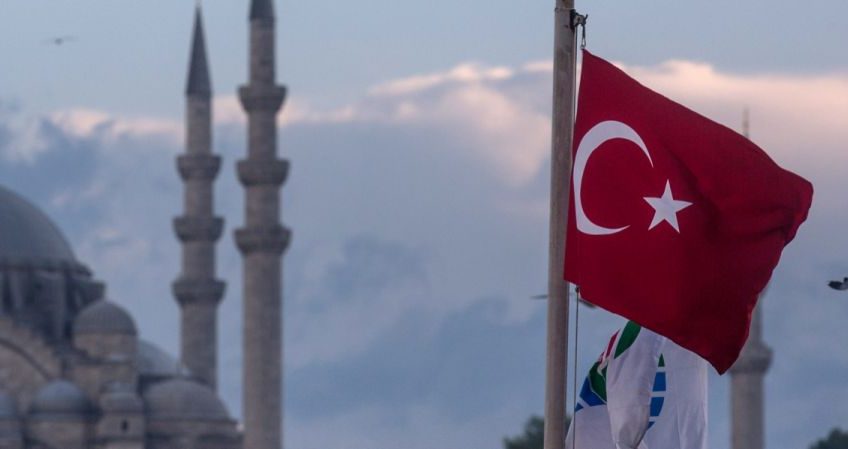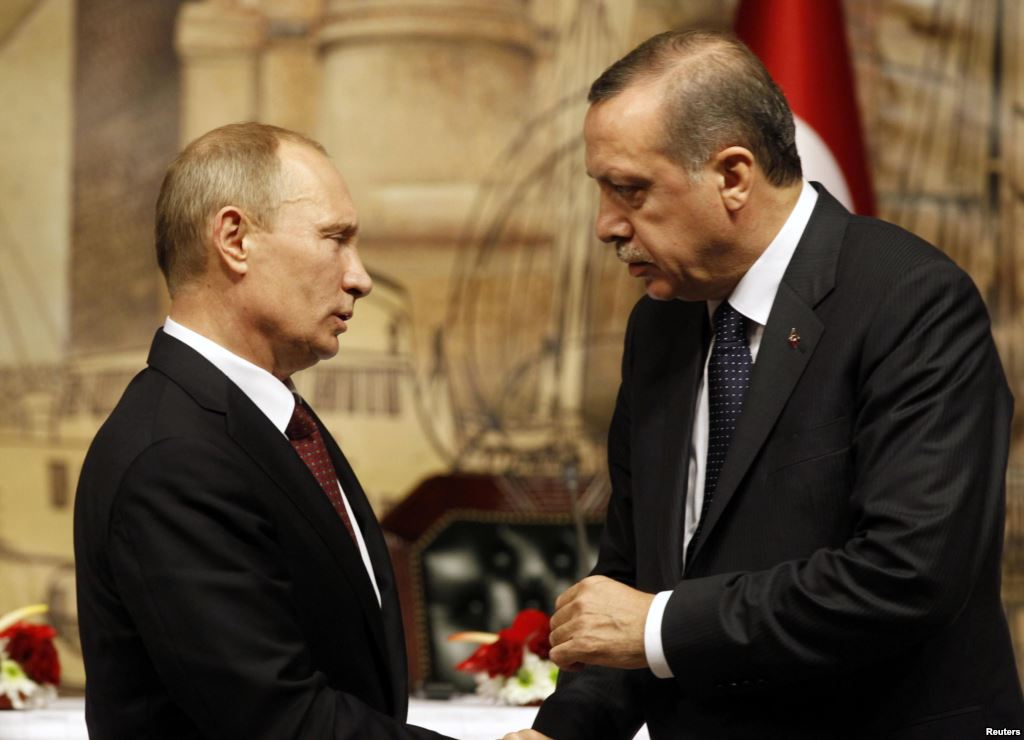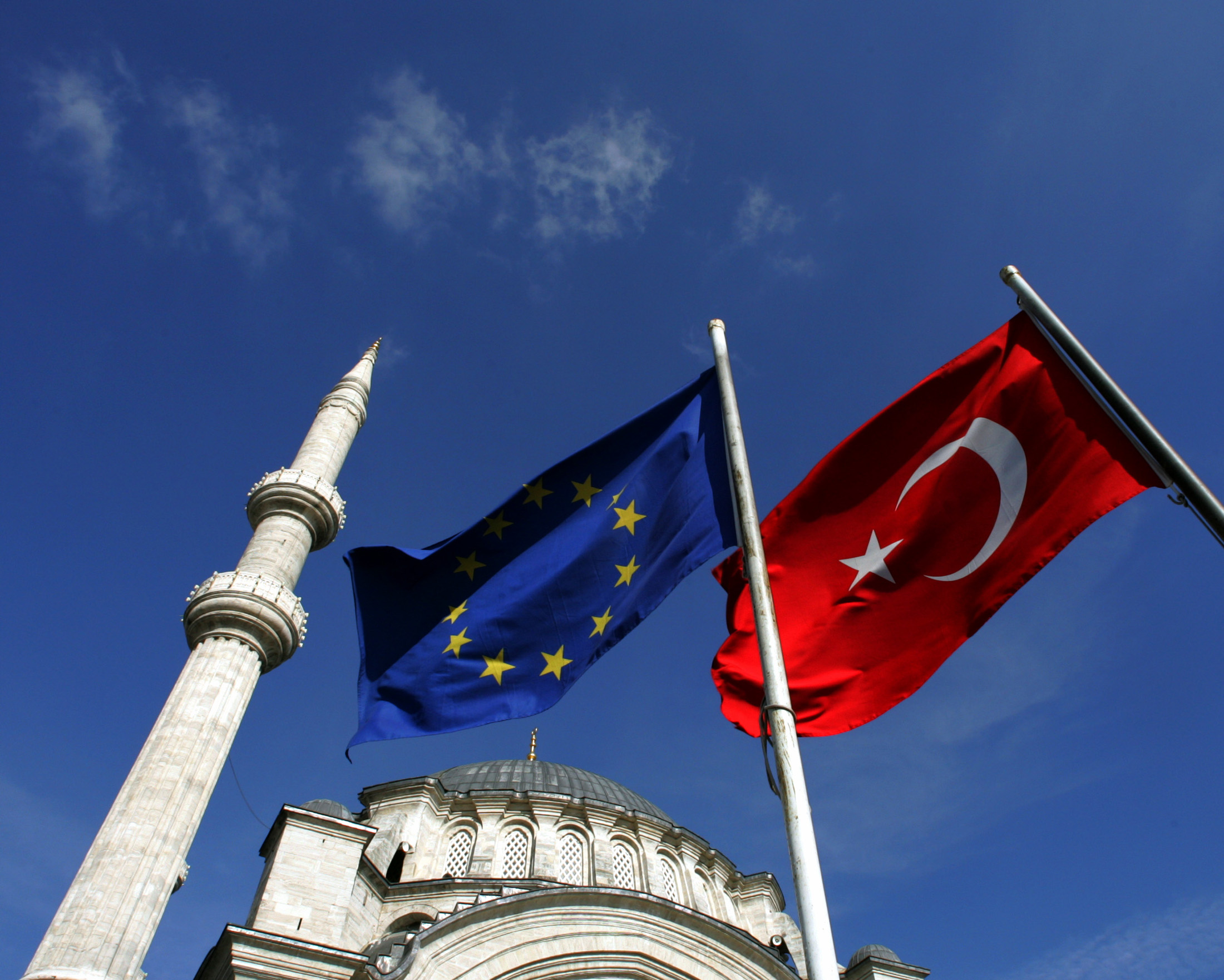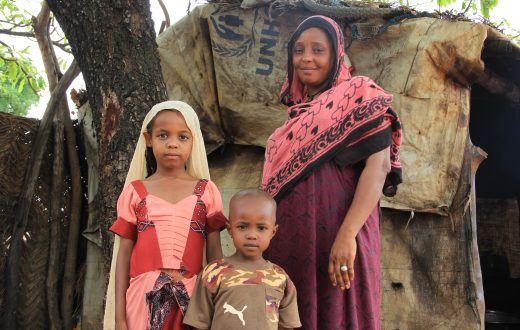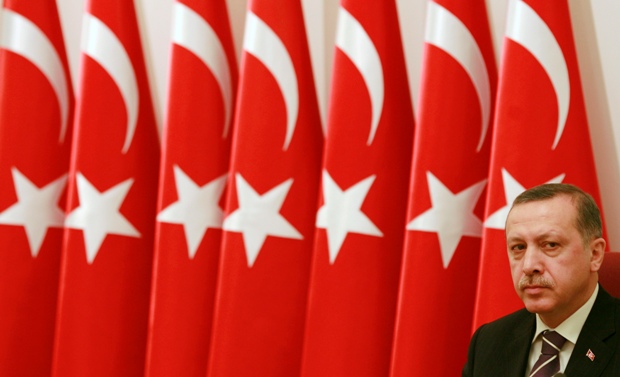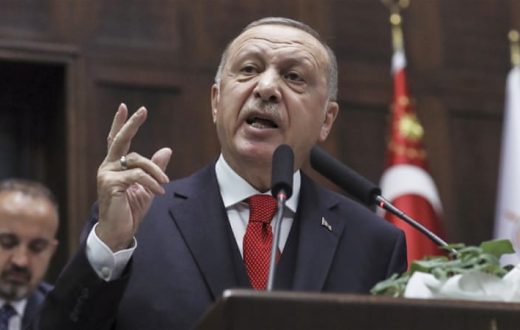The current JAP (Joint-Action Plan) pertaining to the readmission of irregular migrants to Turkey has raised several debates among experts. Many of them claimed that the plan is a “dead duck” and it is futile to take further steps. However, both the EU and Turkish delegations have maintained the negotiations and bargaining.
Turkey has been demanding €3bn+€3bn fundings to spend for the refugee’s expenditures. In addition, it is predicted that EU countries will implement a visa exemption for Turkish citizens in the summer. In response to these, Turkey has pledged to cooperate with the EU to struggle against people-smugglers for preventing the irregular migration waves.
The Merkel Plan (mentioned also the Samsom Plan) aimed the legitimization of Turkey as a safe third country to allow for the readmission of migrants in the Greek islands. After a series of negotiations, EU and Turkish delegations have come to an agreement on the plan that is simply based on the exchange of 1 Syrian refugee (in Greece) and a Syrian asylum seeker (in Turkey). It was planned that Syrian refugees chosen from Turkish detention camps will be resettled in European countries.
In doing so, the EU has recognized Turkey as a safe third country as ESI proposed.
“the assumption that Turkey is a safe third country for asylum-seekers from Syria, Iraq, Afghanistan and other countries so that Greece could return them to Turkey without jeopardizing their rights and safety. This would quickly reduce the number of boats crossing the Aegean as the dangerous passage would become pointless – everybody reaching Greece would be returned back to Turkey.”
According to the Asylum Procedures Directive, a migrant/refugee could solely be sent back to a safe third country that has a guaranty for their protection-in legal basis-.
(a) “in which the applicant was previously recognized as a refugee and that he or she can still avail himself or herself of that protection” (b) “or where he or she can still enjoy sufficient and effective protection including protection against refoulement.”
It could not be argued that a country which has low crime rates would be defined automatically as a safe country. It is just about its legal structure that how it affiliates with the international agreements on the migration statuses. In a Statewatch report, it is explained clearly:
A ‘safe third country’ is a state through which a person fleeing from his or her country of origin has passed and where he or she could have found protection, but has not done so. If this person applies for asylum in another state, the latter might consider his or her claim inadmissible and could decide to return the applicant to the ‘safe third country’ he or she had previously passed through. Therefore, the ‘safe third country’ concept implies that asylum seekers should claim asylum in the first ‘safe country’ they are able to reach.
Remembering Safe Third Country Concept
The Asylum Procedures Directive, as it was referred, mentions a first country of asylum in which the applicant is recognized as either refugee or a person “enjoys sufficient protection.” Turkey retained a geographic limitation for the ratification of 1951 Geneva Convention for the Status of Refugees. So it pledged giving refugee status when only an event occurs in Europe. Therefore, Syrian and Iraqi migrants could not be recognized as a refugee within the Turkish legislation.
Instead, the government takes some steps to adapt the changing conditions. Firstly, the Law on Foreigners and International Protection (entered into force in April 2014) that is originated from the EU asylum regimes was implemented. This move was seen a hopeful act so it was celebrated by UNHCR as in a press brefing:
“The High Commissioner for Refugees welcomes new legislation, recently adopted as a reflection of Turkey’s strong commitment to humanitarian values and principles. UNHCR, which has supported the drafting process, considers this an important advancement for international protection, and for Turkey itself, which has a long history of offering protection for people in need.The new law incorporates key elements of international humanitarian and human rights law. It provides for the establishment, under the Ministry of the Interior, of a specialized institution to manage international protection. This institution will also prepare the implementing regulations over the next year.”
However, this prediction had not come into reality. In the second place, on October 2014, TPR (Temporary Protection Regulation) was implemented. It involves a guarantee of temporary protection for migrants who have TPR identity document. However, numerous Syrian refugees have yet another type of document -FID (Foreigner Identity Document)- So it is leading a great confusion.
Refugee Rights Turkey (an organization that provides legal information and assistance services to asylum seekers) states:
“both the “foreigner identity document” and the “temporary protection identity document” are indisputably documents as they are issued by competent authorities, and bear the sign and stamp of these authorities. us, there should be no reluctance on the part of public notaries to rely on the nature of these documents. However, it is observed and reported that in many cases, persons under temporary protection are requested to present their passports or identity documents issued in Syria, and those who fail to do so, are denied to give power of attorney to their legal representatives.”
After the new legislative arrangements, a new institution which focused on taking responsibility of the asylum regime. DGMM (Directorate General of Migration Management) manages the procedures of asylum operations. the RRT report gives further information on the procedures and rights of refugees:
“Persons who were forced or compelled to flee their home countries because of war or persecution and are therefore unable to go back have the right to seek asylum in Turkey. In order to seek asylum in Turkey, you have to approach the Directorate General for Migration Management (DGMM) and make a request for asylum. even if you are unable to find another country agreeing to admit you for a long-term settlement, you shall be allowed to stay in Turkey indefinitely on the basis of your “international protection status”.
The temporary protection regime is just in use for Syrians and stateless (heimatlose) Palestinians came from Syria. Others have to apply to a status for international protection whose procedure is managed by DGMM. However, only a small part of this application was accepted. So it is even problematic that how these “limbo” statuses will be reached a solution.
Unfortunately, neither Syrian refugees who are settled in the camps not all of the others have not been well-informed about their legal rights. There are many cases have been reported on even the fundamental human rights abuses in the Turkish camps. One of them was announced in January of 2016 by 11 NGOs Amnesty. It reveals the lockdowns to a number of refugees, criminalizing people kept in the camp and violation of the human rights in Erzurum/Askale camp for the asylum seekers. These examples can prove that legislative arrangements would not apply in practice.
Don’t Need to be so Optimistic
Until quite recently, Turkey has not an adequate legal structure to cover all aspects of the asylum regime and refugee crises. The current laws that have been implemented a couple years ago could not be applied entirely now. Actually, this is an outcome of the inadequate human capital to conduct the procedures. Besides, the new legislative arrangements caused a bicephalous structure which makes an efficient plan difficult to manage.
The current political chaos, serious threats of ISIL and PKK terrorism, and several concerns about the press freedom are other factors to be pessimistic for Turkey. In these gathering darkness in the politics and the legal structure, it is an exaggerated optimism to think Turkey as a safe third country. After the failure of deal with Ankara, EU has been already looking for new alternatives to cooperate for combating with the rising irregular migration.
A Comparative Approach to Non-Refoulement: Europe and Turkey
Abstract: This short article aims to examine the evolution of the principle of non-refoulement beginning with Kant’s famous term “universal hospitality”. It will also give a sense of how the term is used in international law and Turkish domestic laws.
- Universal Hospitality
The most significant outcome of the Enlightenment is the definition of the relationship between human and nature within a secular base instead of religious terms. In this secular view, the priorities of humanity are re-defined in accordance with a new outlook on the world. Re-defining intersubjective relations mainly focus on how the individual should treat the Other.
While discussing the relationship with the other, Kant’s explanations on the cosmopolitan right have central importance. It is “limited to conditions of universal hospitality” defined as “the right of a foreigner not to be treated with hostility because he has arrived on the land of another.” In this context, original rights are given equally to every individual in nature. Now we need to place emphasis upon “being a man” rather than “being from somewhere”.(Onkal: 2) Accordingly, no matter where you come from, you have the same rights and obligations as all other people.
Such a theoretical framework draws the borders of the basic principle of non-refoulement. It is the fundamental part of the refugee status. This is based on the widely-accepted essential principle of non-refoulement. It provides that no one shall expel or return (“refouler”) a refugee against his or her will, in any manner whatsoever, to a territory where he or she fears threats to life or freedom.
- Non-Refoulement in the Geneva Convention
The principle of non-refoulement was first mentioned at the 1892 Geneva Session of the Institute of International Law. It was formulated that a refugee should not by way of expulsion be delivered to another state that sought him unless the guarantee conditions set forth with respect to extradition were duly observed (Règles internationales sur l’admission et l’expulsion des étrangers 1892, Article 16). (Molnar: 1)
The
1951 Geneva Convention is seen as the first legislative document that recognizes and explains the term refugee regulation. The text describes who is a refugee, what their rights are, and what have to states to cope with a possible crisis. So it is guaranteed that “no one shall expel or return (“refouler”) a refugee against his or her will, in any manner whatsoever, to a territory where he or she fears threats to life or freedom”
Article 33:
- No Contracting State shall expel or return (“refouler”) a refugee in any manner whatsoever to the frontiers of territories where his life or freedom would be threatened on account of his race, religion, nationality, membership of a particular social group or political opinion.
- The benefit of the present provision may not, however, be claimed by a refugee whom there are reasonable grounds for regarding as a danger to the security of the country in which he is, or who, having been convicted by a final judgment of a particularly serious crime, constitutes a danger to the community of that country.
Non-refoulement obligations related to refugees are also mentioned in regional treaties, notably the 1969 OAU Convention Governing Specific Aspects of Refugee Problems in Africa and the 1969 American Convention on Human Rights.
- Non-Refoulement in the Turkish Law
Turkey was one of the countries that signed the convention even though it put a geographic limitation, meaning that the country only accepts refugees from members of the Council of Europe. The key document in Turkey for the regulation of foreigners is the Law on Foreigners and International Protection enshrined on April 2013 and came into force in April 2014.
The objective of the Regulation is to determine the procedures and principles pertaining to temporary protection proceedings who were forced to flee and are unable to return to their countries. It also aims to determine proceedings to be carried out related to their reception, stay, rights and obligations, and a possible exit from Turkey.
According to this law, Turkey provides temporary protection, establishing a safeguard against the return of Syrians who flee from ongoing conflicts. The Temporary Protection Regime forbids to compel people who have this status against their will. It also gives legal residence to those registered. Apart from them, the law enables accessing fundamental rights and entitlements on health care, education, and social assistance.
The regime only comprises foreigners “who were forced to leave their countries and are unable to return to the countries they left and arrived at or crossed our borders in masses to seek urgent and temporary protection and whose international protection requests cannot be taken under individual assessment.”
No one within the scope of this of this Law shall be returned to a place where he or she may be subjected to torture, inhuman or degrading punishment or treatment or, where his/her life or freedom would be threatened on account of his/her race, religion, nationality, membership of a particular social group or political opinion (Article 4, Law on Foreigners and International Protection)
The Law on Foreigners and International Protection, 2013, was inspired by EU laws that were about the same context. However, the striking point is that while the Geneva Convention only mentions threats to freedom and life, in the Turkish law, in addition to these, torture and inhumane/degrading punishment or treatment is written explicitly.

